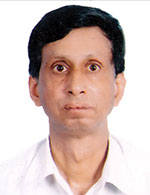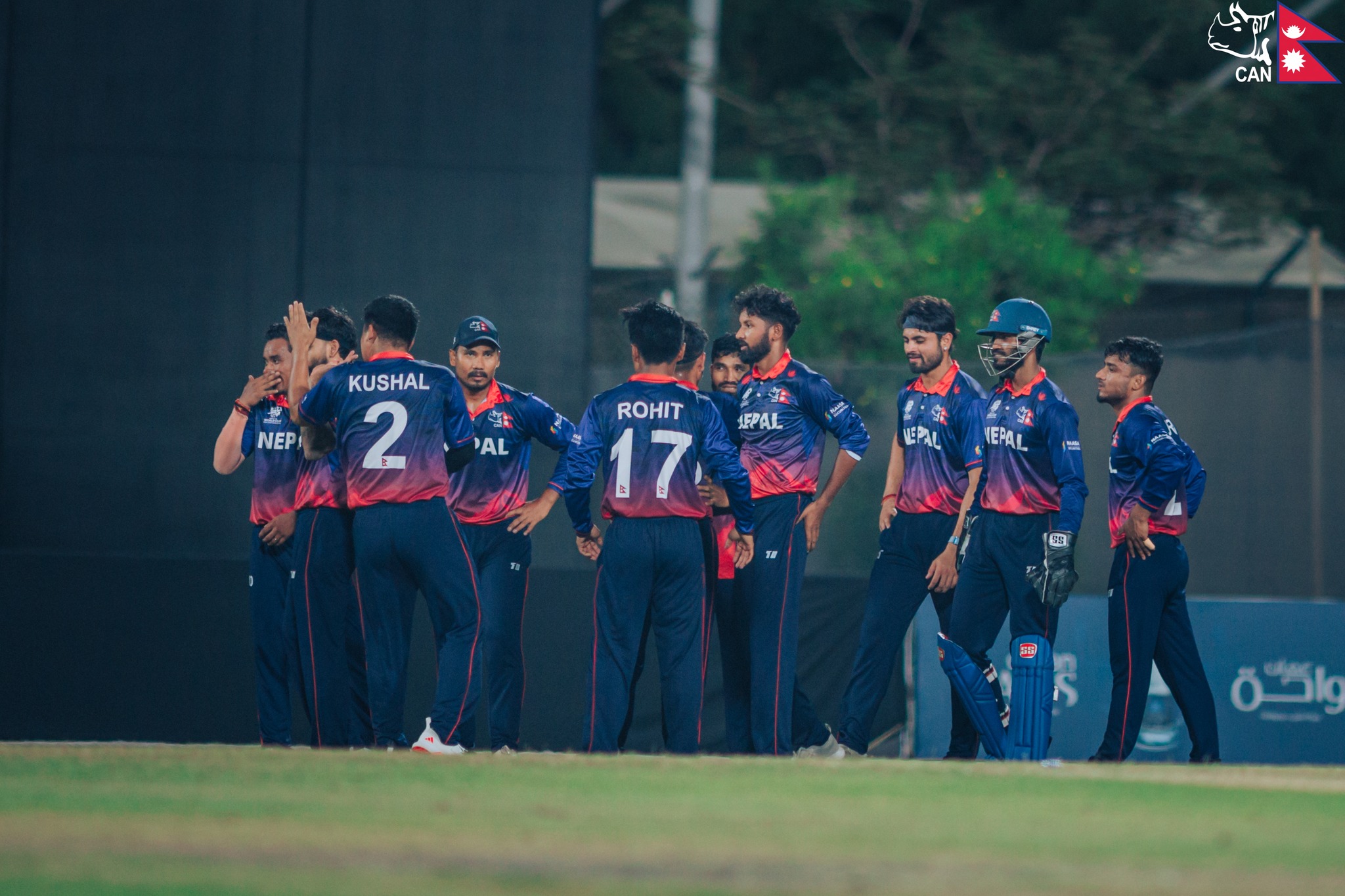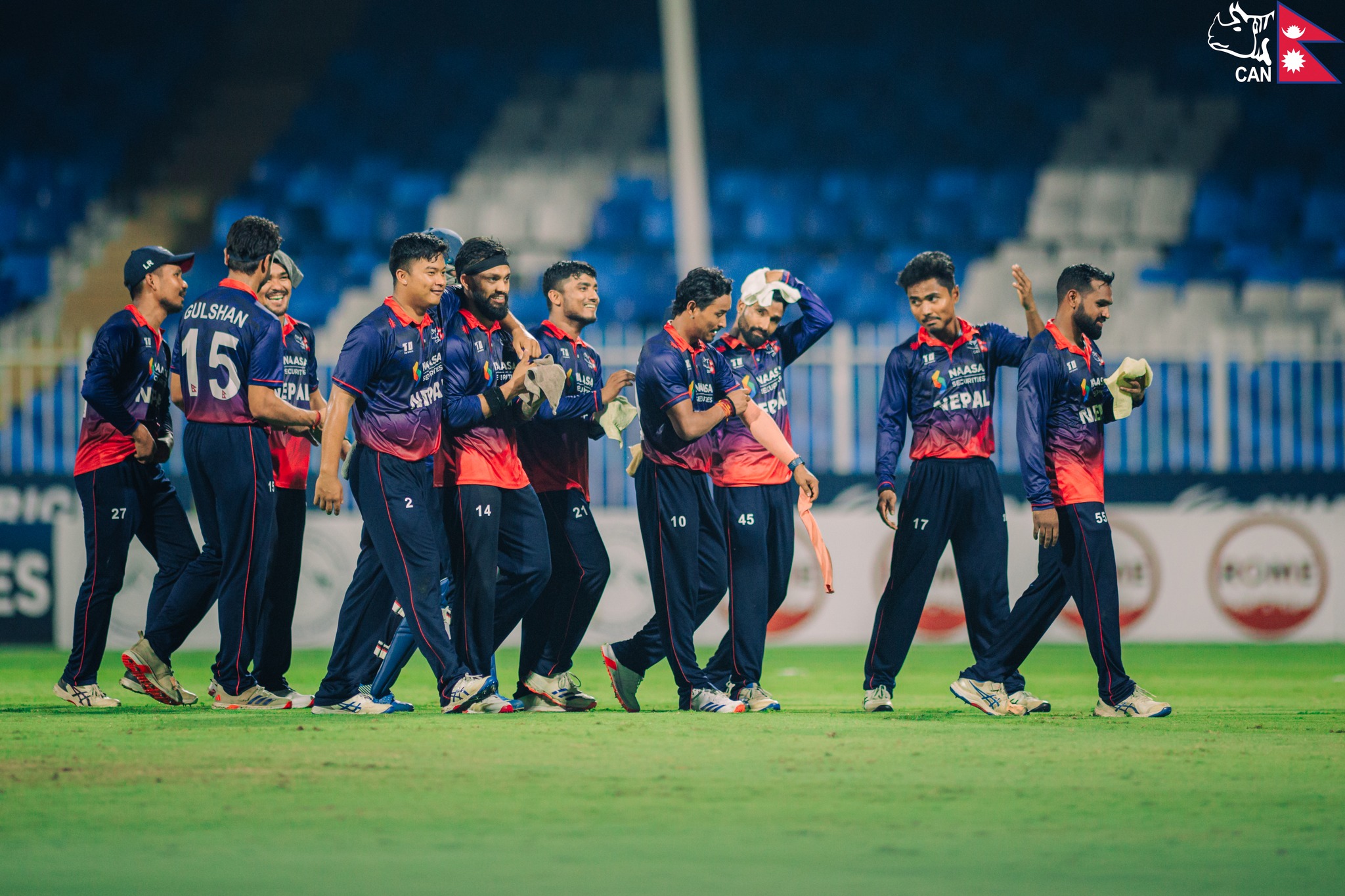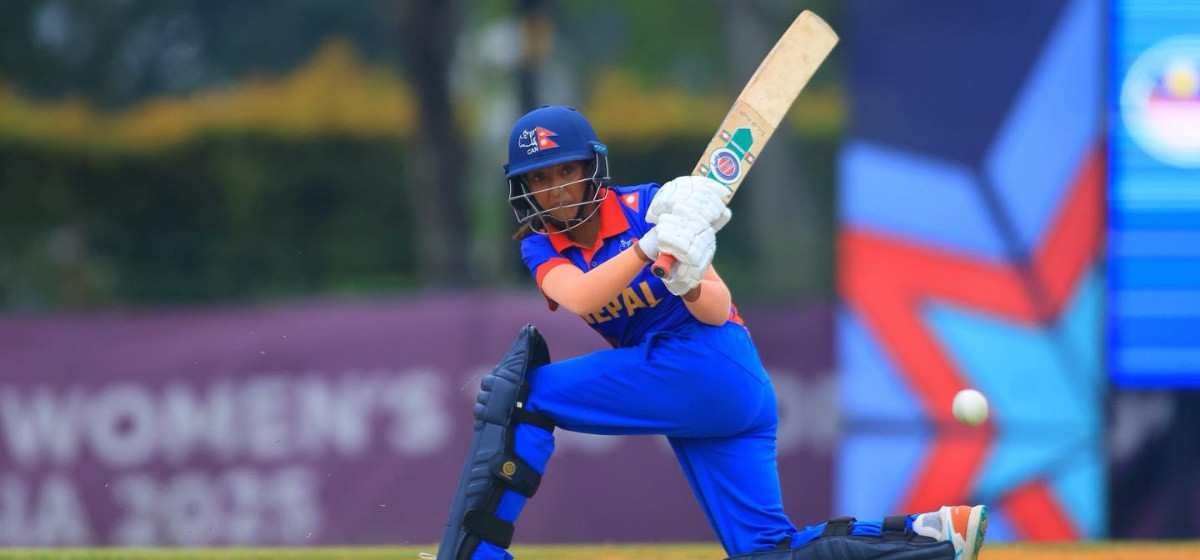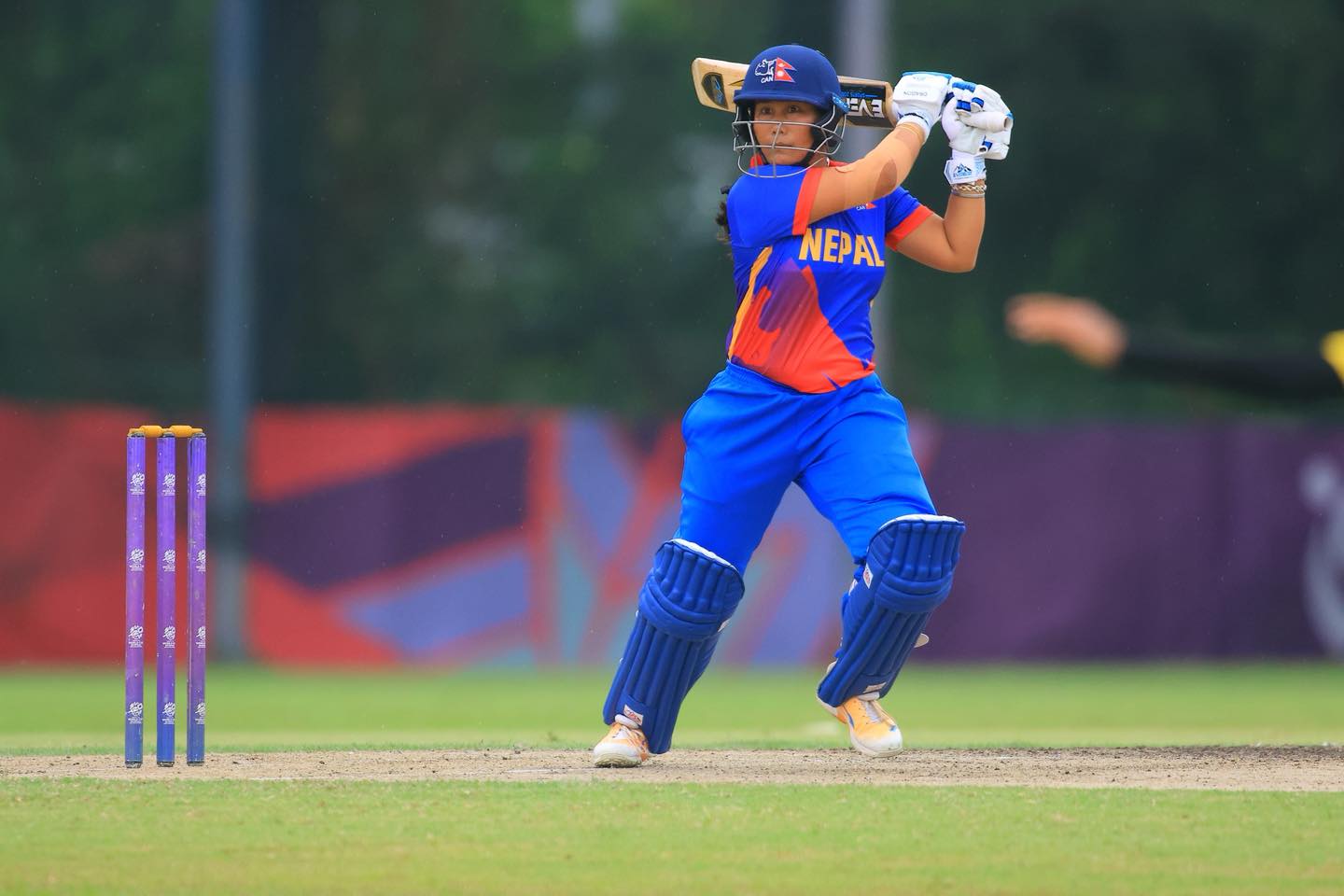KATHMANDU, Nov 9: The scope of work of the committees under the House of Representatives is to oversee twenty-five ministries and their subordinate agencies. There is a rule that bars lawmakers from taking up any position in the committees if there is a conflict of interest. But this rule does not seem to have been followed. MPs appear to be members of the parliamentary committees even though their backgrounds clearly indicate a conflict of interest.
Among the various committees formed after the recent elections, many contractors were elected as MPs and were also included in the development committee. After the promulgation of the Constitution in 2015, the Constituent Assembly was transformed into a Legislative Parliament. The finance committee of the converted parliament had MPs who were involved in banks and financial institutions as members. After the Finance Committee passed the bill (Bank and Financial Institution Act) to unify banks and financial institutions and sent it to the House of Representatives, there was widespread opposition to it. After opposition, the bill was sent back to the committee.
It has been found that the parties ignore the issue of conflict of interest while sending the names of the members to the committee. The Parliament Secretariat does not check this. According to the rules, the secretariat should study the names of the members and if there is any conflict of interest or not before they are included in the committee. After the secretariat studies and informs the Speaker, the Speaker can again ask the concerned parties to send names as per the regulations.
Desperate search for missing girls as nearly 80 dead in Texas f...

“It is found that contractors elected as MPs are more interested in the infrastructure development committee. It seems that only women are members of the women's committee and not men, all parliamentarians should raise their voice on women's issues in the parliament, it is necessary to make it inclusive,” said a female parliamentarian.
Officials of the secretariat also objected that the parliamentary committee was not constituted as per the constitutional provisions. But due to the pressure of political parties, it will be difficult to reverse the decision, said an official of the Parliament Secretariat.
Krishna Kumar Shrestha is the MP of CPN Unified Socialists in the Industry, Commerce, Labor and Consumer Interest Committee. He is also involved in industry, hotel, real estate and hardware business. Rastriya Swatantra Party MP Dol Prasad Aryal and UML MP Lal Prasad Sawa Limbu are also members of the same committee. Both are said to be associated with a manpower company. Unified Samajwadi MP Dhan Bahadur Budha and UML MP Prem Bahadur Maharjan are members of the infrastructure development committee. They are from contractor background.
Nepali Congress MP Binod Chaudhary from business background is in the Finance Committee. UML MP Bhagwati Chaudhary, who is in the Finance Committee, is an investor of Forward Microfinance.
Maoist Center MP Janardan Sharma is also in the Public Accounts Committee. Last year, when he was the finance minister, he was involved in a controversy for unauthorized changes in the tax rate in the budget. RPP has sent MP Bikram Pandey to the Public Accounts Committee. Although the special court acquitted him of corruption charges, the authority has appealed to the Supreme Court. He was the Urban Development Minister in the past.
UML MP Gokul Baskota, who resigned as the Minister for Communications three years ago on the charge of demanding Rs 700 million as commission from businessmen, is also a member of the Public Accounts Committee. Hari Dhakal, Member of Parliament of Rastriya Swatantra Party, who is involved in the share trading profession, is also in the Public Accounts Committee. Nepali Congress MP Deepak Khadka, who has invested in Kanchharam Hydro and other construction sectors, is also in the same committee. Nepali Congress MP Purna Bahadur Tamang, who is in the Finance Committee, is also a contractor.
Rule 175 (2) of the House of Representatives Rules, 2079, has a provision that does not allow nominating members whose interests conflict with the field of work. It is mentioned that while nominating members to the committee, inclusion will be done based on the number of political parties represented in the House. The House of Representatives has 12 committees including Committee on Finance, International Relations and Tourism, Committee on Industry and Commerce and Labor and Consumer Affairs, Committee on Law, Justice and Human Rights, Committee on Agriculture, Cooperatives and Natural Resources, Committee on Women and Social Affairs, Committee on State Affairs and Good Governance, Committee on Infrastructure Development, Committee on Education, Health and Information Technology, and Public Accounts Committee.

